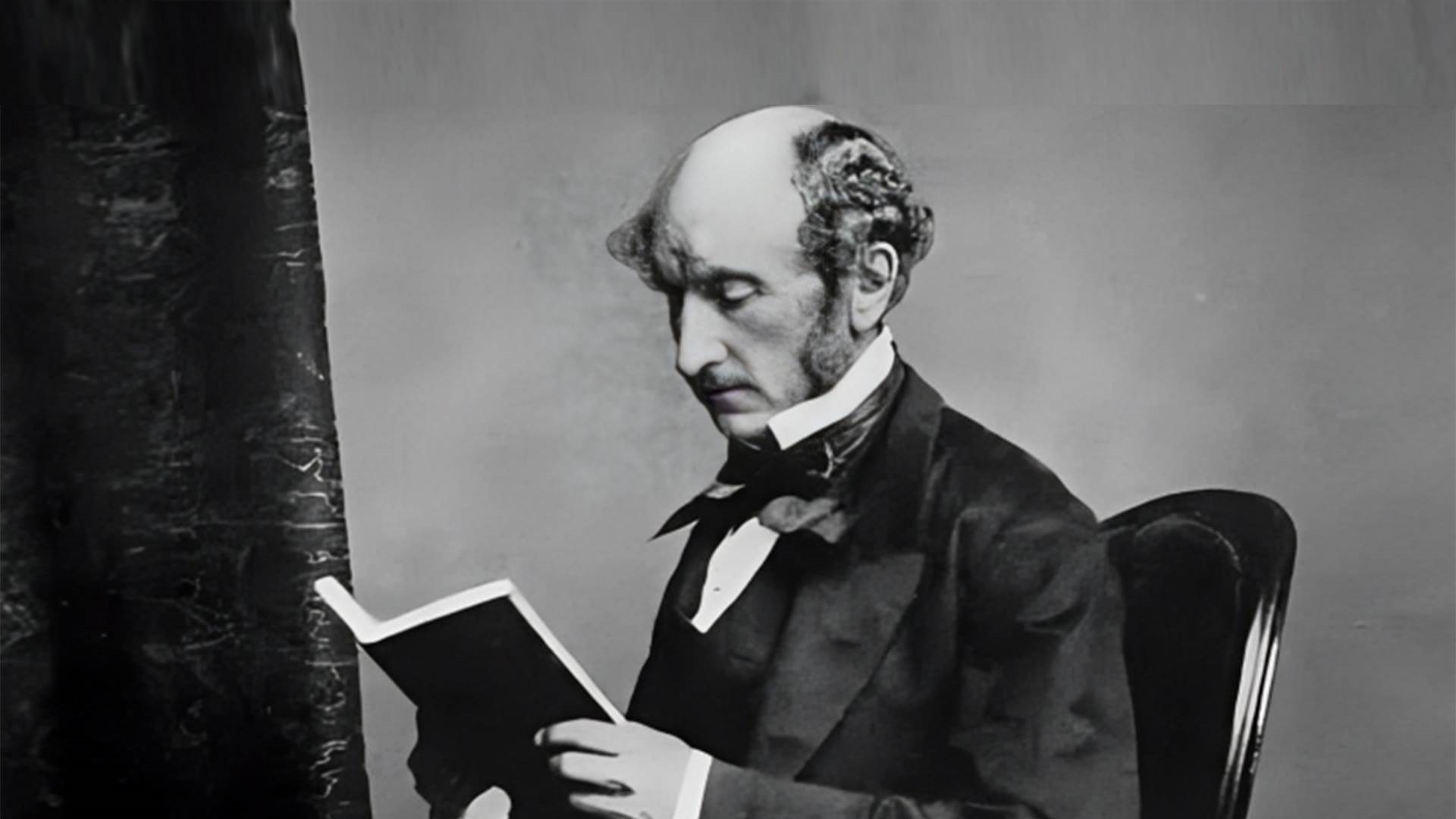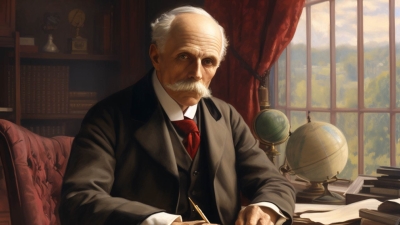John Stuart Mill, One of the classical school pioneers in economics
Mai El-Kafoury/Mostafa Sayed

John Stuart Mill, an English economist and philosopher and a prominent pioneer of Utilitarianism doctrine, was born in 1806 in London in the city of Islington, and was the eldest son of his brothers, his father James Mill was a pioneer of economists of the era.
The beginning of his stage of education was at the hands of his father, who taught him strictly from the earliest of his fingernails, and that start was one of the reasons for forming his thoughts and trends later, John began learning Greek at the age of eight. After reaching the age of 13, he studied the political economy curriculum and read many books by Greek philosophers such as Plato and Herodotus early in life.
John's strict education price was to deprive him of his childhood like others, which left a great impact on his personality, and on the other hand, which push him to outperform his peers of the same age group, until his mental age was well over his age.
He went to France in 1820 to stay a year and then return to study Roman and commercial law, and was gifted by his father, a book titled a study in law, who urged him to read it to the philosopher Jeremy, founder of the Utilitarianism system of moral behaviors.
John Stuart Mill was influenced by philosophical convictions in the Utilitarianism doctrine of the English philosopher Jeremy Bentham, a doctrine in the philosophy of morality that builds the idea of good and evil and distinguishes between right and wrong, and after Bentham has reformulated many of his ideas, to form a kind of compatibility between them and ethical rules, which people know.
John joined the East India Company in 1823 to serve as its observer, elected as a member of the British House of Commons and two years later became dean of the Scottish University of St Andrews. As his election to the British Parliament was not renewed, he made a decision to emigrate again and settle in the French city of Avignon.
John left some literature, which added to economics and opened up new horizons for many minds, most notably his famous book Principles of Political Economics, and the book A System of Logic, John left our World in 1873 from Avignon in France at the age of 68.







